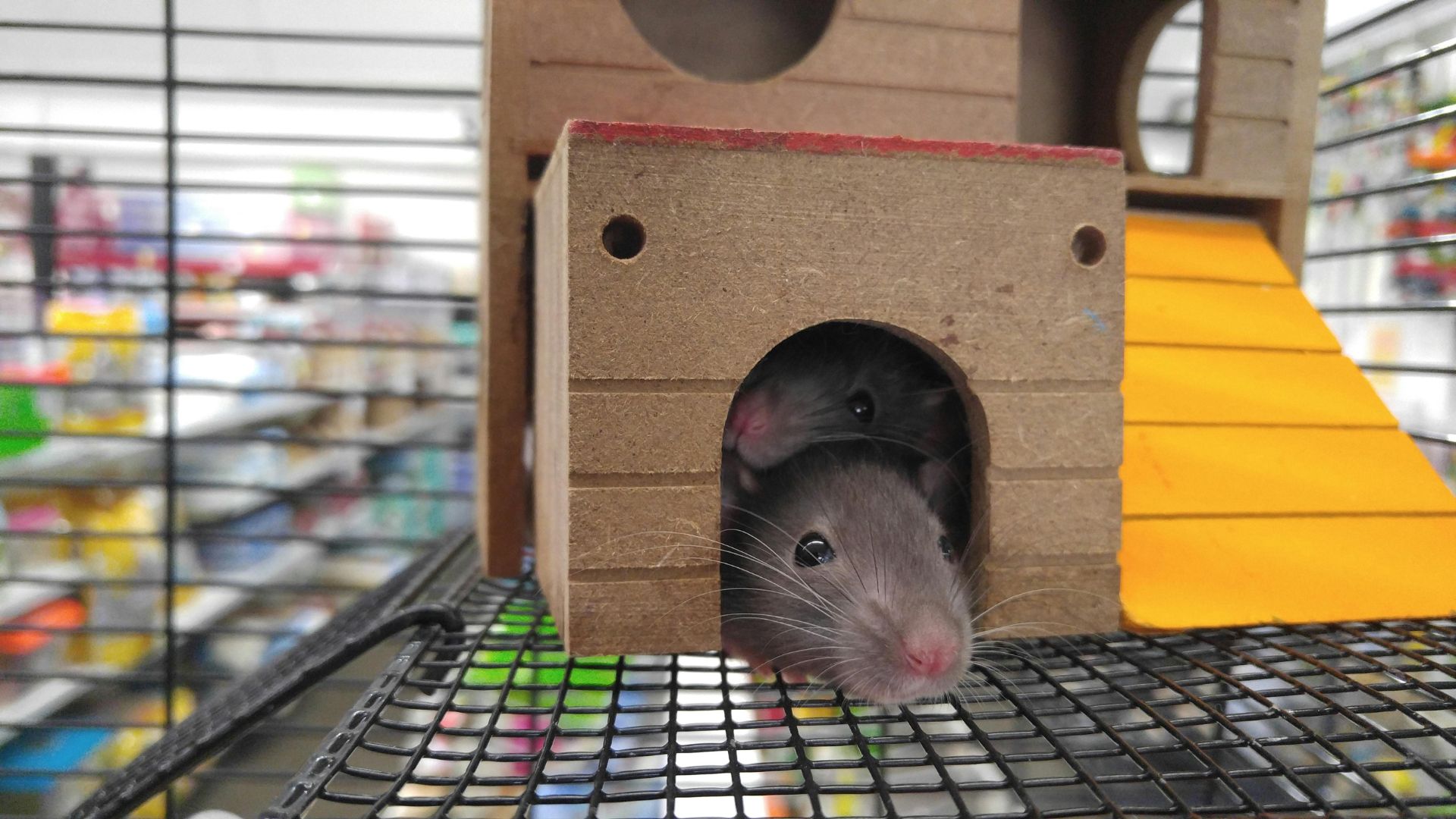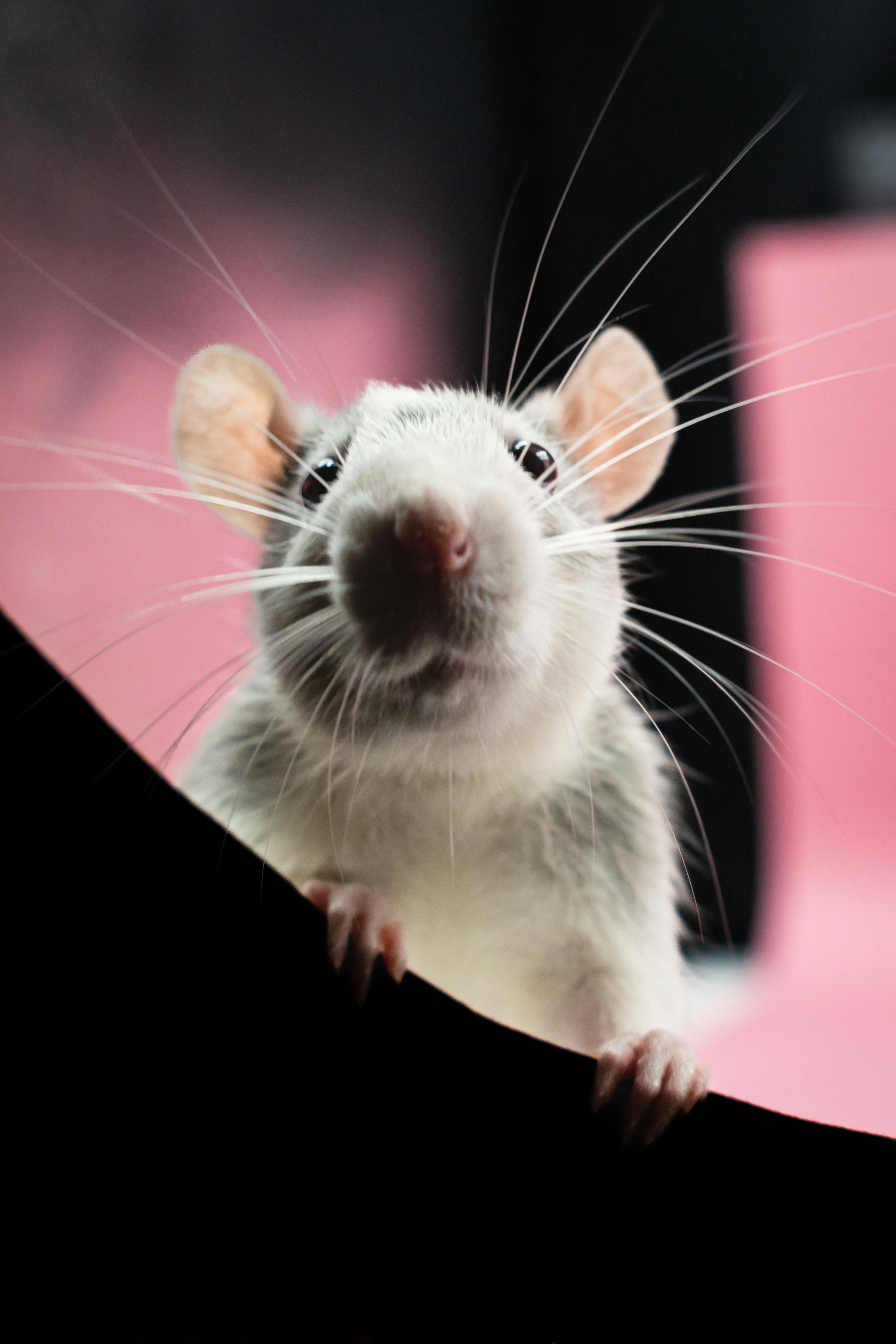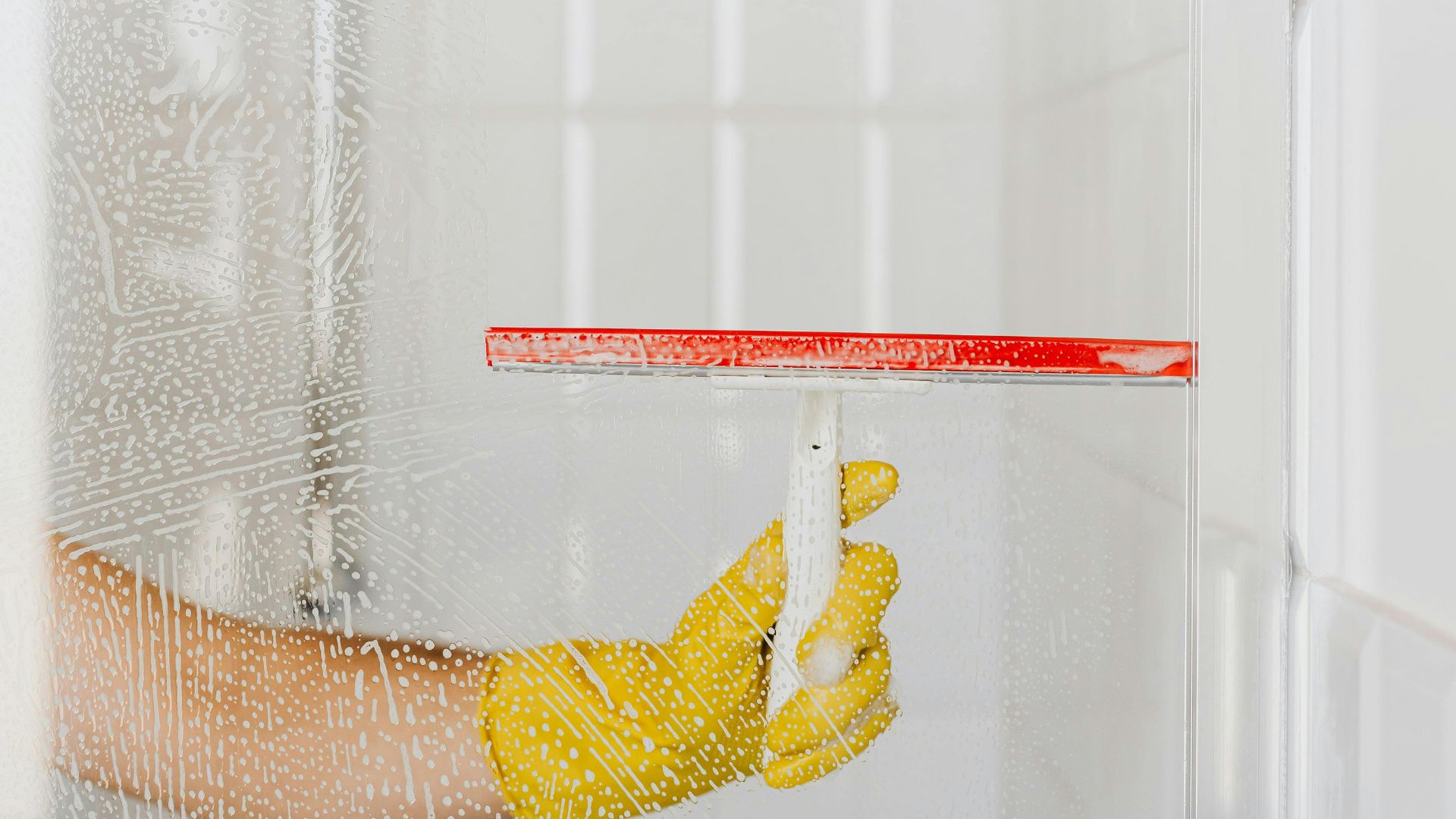
Domestic Pest Control Services play a pivotal role in maintaining the sanctity of our homes, ensuring a safe and healthy environment for our families. The prevalence of common household pests like rodents, insects, and termites poses not only a threat to the structural integrity of our properties but also jeopardizes the well-being of those residing within. In the pursuit of a pest-free home, understanding the significance of proactive pest control becomes paramount. Beyond the nuisance of creepy crawlers, these pests carry potential health risks, making it imperative to adopt preventive measures.
DIY Pest Prevention Tips serve as an accessible and effective means for homeowners to take control of their living spaces. From sealing entry points and practicing proper food storage to maintaining cleanliness and utilizing natural repellents, these tactics empower individuals to address and mitigate pest-related challenges independently. However, recognizing the limitations of DIY methods, the necessity of Professional Pest Control Services becomes evident when facing persistent or complex infestations. Professionals bring specialized knowledge, targeted treatments, and long-term prevention strategies to the table, ensuring a thorough and enduring solution to the pest problem.
Choosing the Right Pest Control Company is a critical step in this process. Through diligent research, reading reviews, and considering factors like certifications and guarantees, homeowners can make informed decisions to entrust their pest control needs to reputable experts. Moreover, for those with an environmental conscience, Sustainable and Eco-Friendly Pest Solutions provide an eco-conscious alternative. From biological control methods to the use of non-toxic products, these practices prioritize the health of our planet without compromising the efficacy of pest management.
In conclusion, navigating the realm of Domestic Pest Control Services involves a multifaceted approach. By combining the practicality of DIY prevention, the expertise of professional services, and the sustainability of eco-friendly solutions, homeowners can fortify their homes against the intrusion of pests. This holistic strategy not only safeguards our living spaces but also contributes to the well-being of our families and the preservation of our environment.
Brief overview of domestic pest control services.

Domestic pest control services play a pivotal role in maintaining a safe and healthy living environment. In the battle against common household pests like rodents, insects, and termites, proactive measures are crucial. Homeowners face potential risks to both their property and well-being if pests are left unchecked. This comprehensive overview covers various aspects of domestic pest control, from the identification of common household pests to the importance of implementing both do-it-yourself (DIY) prevention methods and seeking professional assistance.
The guide emphasizes the significance of regular inspections, sealing entry points, proper food storage, and natural repellents as effective DIY strategies. It also underscores the advantages of professional pest control services, offering targeted treatments and long-term prevention. Choosing the right pest control company is a key aspect, involving research, reviews, and consideration of guarantees. For those environmentally conscious, the overview delves into sustainable and eco-friendly pest control methods, promoting the use of natural predators, non-toxic products, and integrated pest management strategies.
By embracing a holistic approach that combines DIY efforts, professional services, and eco-friendly practices, homeowners can ensure a pest-free and harmonious living space for themselves and their families.
Importance of maintaining a pest-free environment at home.
Maintaining a pest-free environment at home is of paramount importance for the overall well-being of both your property and the inhabitants. Pests, ranging from common insects to rodents, not only pose a threat to the structural integrity of your home but also introduce health risks that can significantly impact the quality of life. These unwanted guests are known carriers of various diseases, allergens, and pathogens, making it imperative to address pest-related issues promptly.
Beyond the potential health hazards, pests can cause extensive damage to furniture, walls, and even electrical wiring, leading to costly repairs. By prioritizing domestic pest control, homeowners can create a safe and comfortable living space. Proactive measures, such as regular inspections, proper sanitation, and the implementation of effective pest prevention techniques, contribute to the longevity of the property and the health of its occupants.
In essence, the importance of a pest-free environment transcends mere aesthetics, becoming a fundamental aspect of ensuring a secure and wholesome home for oneself and the family.
Natural pest control methods for homes
Natural pest control methods for homes are becoming increasingly popular as homeowners seek environmentally friendly alternatives to traditional chemical-based solutions. These methods leverage the power of nature to manage and prevent pest infestations without compromising the health of residents or the environment. One effective approach involves incorporating natural repellents into the home, such as peppermint oil, vinegar, or citrus peels.
These substances not only deter pests but also add a pleasant fragrance to living spaces. Additionally, maintaining a garden with specific plants known for their pest-repelling properties can create a natural barrier. Examples include basil, mint, and lavender, which naturally discourage insects. Another eco-friendly tactic involves introducing natural predators, such as ladybugs or predatory nematodes, to control pest populations.
This biological control method targets specific pests while avoiding harm to beneficial insects. Furthermore, sealing entry points and eliminating standing water in and around the home can reduce the attractiveness of the environment for pests. By embracing natural pest control methods, homeowners not only protect their residences but also contribute to a more sustainable and eco-conscious way of managing pest-related challenges.
How to get rid of pests in the kitchen
One of the most common areas for pest infestations in homes is the kitchen, where the abundance of food and warmth creates an ideal environment for pests. To effectively get rid of pests in the kitchen, it’s essential to adopt a multi-faceted approach. Firstly, focus on maintaining impeccable cleanliness. Regularly clean countertops, sweep floors, and wipe down surfaces to eliminate food residue that attracts pests. Ensure that all food items are stored in airtight containers to prevent easy access for pests.
Additionally, fix any leaky faucets or pipes promptly, as standing water can attract pests like cockroaches and ants. Implement natural repellents, such as using a mixture of vinegar and water to clean surfaces, as the scent acts as a deterrent for many pests. Consider placing bay leaves, cinnamon sticks, or cloves in pantry areas, as these natural ingredients are known to repel insects.
Lastly, seal off potential entry points by fixing gaps around windows and doors and inspecting for any cracks or crevices in walls. By combining these proactive measures, you can create an inhospitable environment for pests in the kitchen, ensuring a clean and pest-free cooking space for you and your family.
Safe pest control for children and pets
Ensuring safe pest control practices for children and pets is paramount for maintaining a secure and healthy home environment. Traditional pest control methods often involve the use of chemical pesticides that can pose risks to the well-being of our little ones and furry friends. To address this concern, it’s crucial to explore alternative, child- and pet-friendly approaches. Opt for natural repellents such as essential oils like peppermint or citronella, creating a non-toxic barrier against pests.
Additionally, consider implementing physical barriers, like screens or netting, to keep pests out while allowing ventilation. When using any pest control products, always read and follow the manufacturer’s instructions diligently, and choose those labeled as safe for children and pets.
Emphasize preventive measures such as regularly cleaning pet areas, storing food securely, and sealing entry points to minimize the need for chemical interventions. By prioritizing safe and eco-friendly pest control strategies, we can protect our homes from unwanted invaders while safeguarding the well-being of our most vulnerable family members.
Effective pest control in bedrooms
Ensuring effective pest control in bedrooms is paramount to creating a safe and comfortable living space. Bedrooms, being areas of rest and relaxation, should be free from the intrusion of common pests that can not only disrupt sleep but also pose health risks. To achieve this, start by implementing meticulous cleanliness practices. Regularly vacuum and dust to eliminate potential hiding spots for pests, paying particular attention to areas near the bed and furniture.
Seal any cracks or gaps in windows, doors, and walls to prevent entry points for pests like spiders, ants, or bedbugs. Utilize natural repellents, such as essential oils like lavender or eucalyptus, to ward off pests without resorting to harsh chemicals. Additionally, invest in mattress and pillow protectors to create an additional barrier against bedbugs and dust mites. If despite these efforts, pests persist, consider seeking professional pest control services with expertise in treating bedroom-specific infestations. A pest-free bedroom not only promotes better sleep but also contributes to an overall sense of well-being and hygiene in your home.
DIY pest prevention tips for homeowners
Ensuring a pest-free home begins with empowering homeowners with practical and effective do-it-yourself (DIY) prevention methods. Taking a proactive stance against common household pests not only safeguards your property but also contributes to a healthier living environment. One fundamental strategy is identifying and sealing potential entry points. By meticulously inspecting and sealing gaps, cracks, and openings around doors, windows, and foundations, homeowners create a formidable barrier against unwelcome pests. The importance of proper food storage cannot be overstated.
Keeping food in airtight containers and maintaining a clean kitchen minimizes attractants, making your home less appealing to pests. Regular cleaning practices, such as reducing clutter and frequently vacuuming, not only eliminate hiding spots but also remove potential food sources for pests, disrupting their life cycle. Embracing natural repellents like peppermint oil, vinegar, or citrus peels offers a chemical-free yet effective solution.
Homeowners can craft homemade repellent sprays tailored to target specific pests, providing an eco-friendly alternative to commercial products. By incorporating these DIY pest prevention techniques into their routine, homeowners can significantly reduce the risk of infestations, creating a comfortable and secure haven for themselves and their families.
Sustainable and Eco-Friendly Pest Solutions

In the quest for a healthier and more sustainable living environment, homeowners are increasingly turning to eco-friendly and sustainable pest control solutions. Embracing these practices not only safeguards your home from unwanted intruders but also contributes to the well-being of the planet. One key approach involves biological control methods, leveraging the natural enemies of pests to keep their populations in check. This can include introducing predators or parasites that prey on specific pests, creating a balanced ecosystem within your home.
Furthermore, eco-conscious individuals opt for non-toxic and biodegradable pest control products. Unlike traditional chemical pesticides that may have harmful effects on the environment, these eco-friendly alternatives break down naturally, minimizing their impact on ecosystems. This not only protects your immediate surroundings but also contributes to the overall health of the planet. Integrated pest management (IPM) strategies also play a vital role in sustainable pest control. By combining various methods such as biological control, habitat manipulation, and the judicious use of pesticides when necessary, homeowners can achieve effective pest management without compromising environmental integrity.
In essence, sustainable and eco-friendly pest solutions offer a holistic approach to pest control. It goes beyond eliminating pests temporarily; it focuses on creating a harmonious coexistence between humans and the environment. As we strive to build greener homes, adopting these practices becomes a meaningful step towards a future where pest control aligns with environmental stewardship, ensuring a balanced and thriving ecosystem for generations to come.
FAQs About Domestic Pest Control
How often should I schedule professional pest control services for my home?
- Regular pest control services are recommended at least once every quarter to prevent infestations.
Are eco-friendly pest control products as effective as traditional methods?
- Yes, many eco-friendly products are highly effective and offer a sustainable solution to pest issues.
Can I handle pest control on my own, or is professional intervention necessary?
- While some DIY methods work, professional intervention is crucial for comprehensive and long-lasting results.
Do pest control services only address existing infestations, or do they prevent future problems?
- Professional services often include preventive measures to minimize the risk of future pest issues.
Is it safe to remain in my home during professional pest control treatments?
- In most cases, it’s safe to stay in your home, but your pest control provider will provide specific guidelines.


